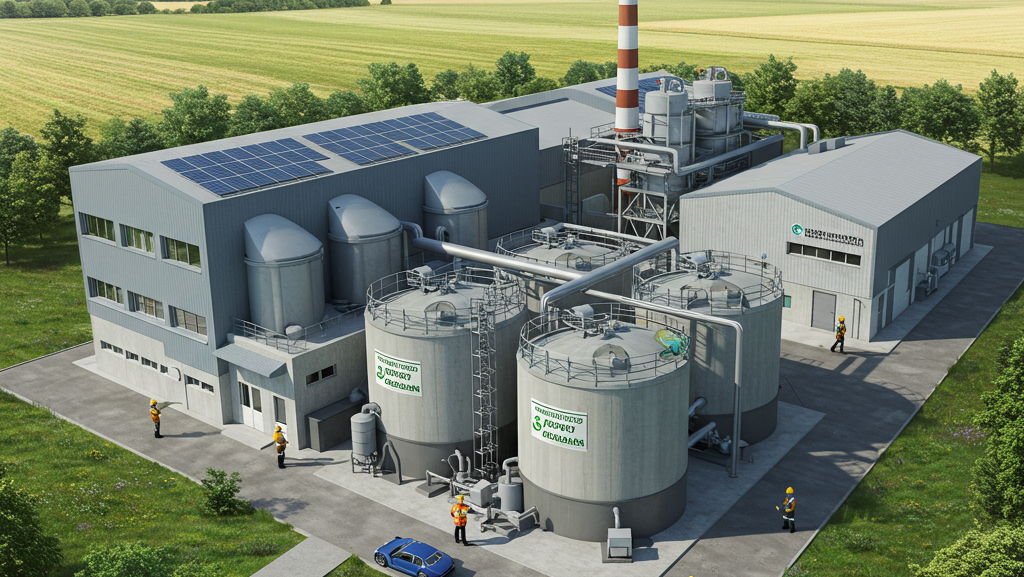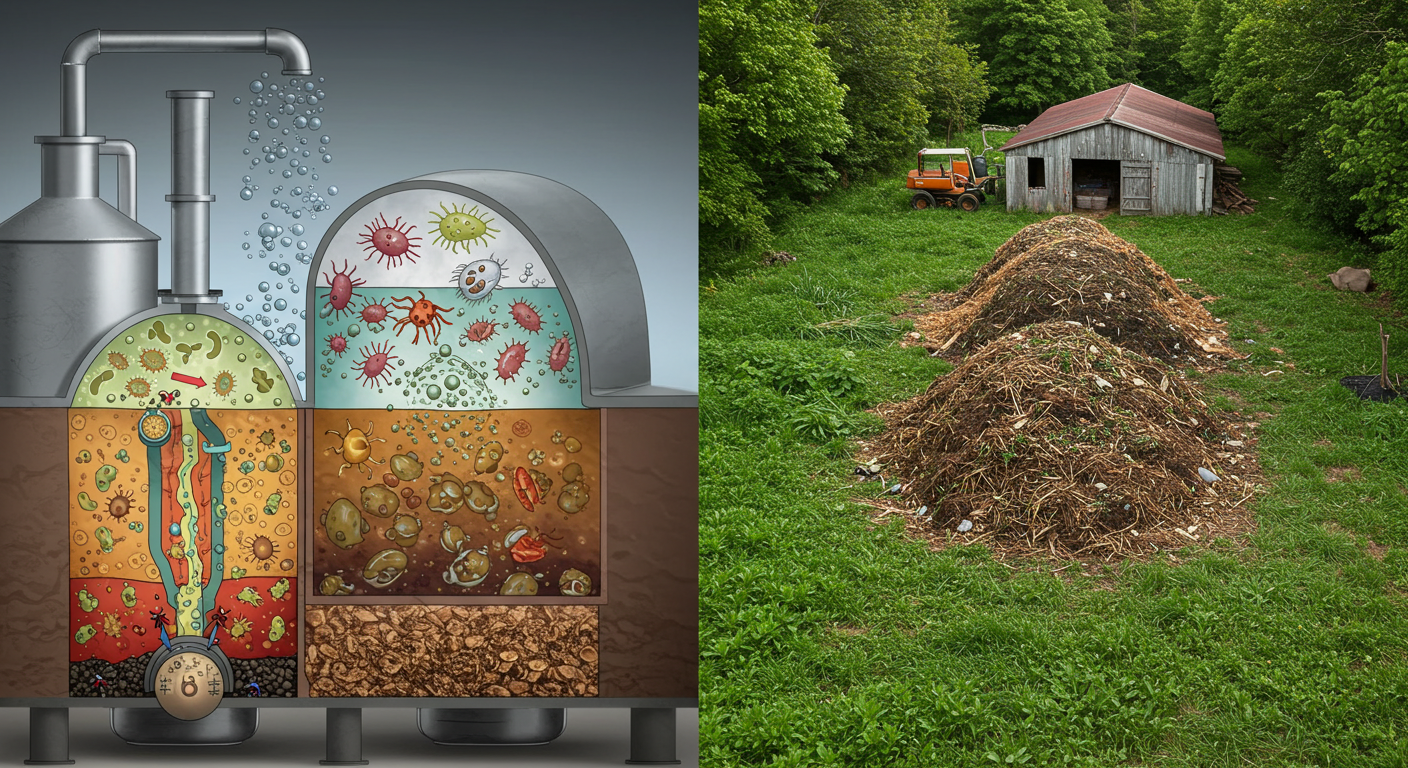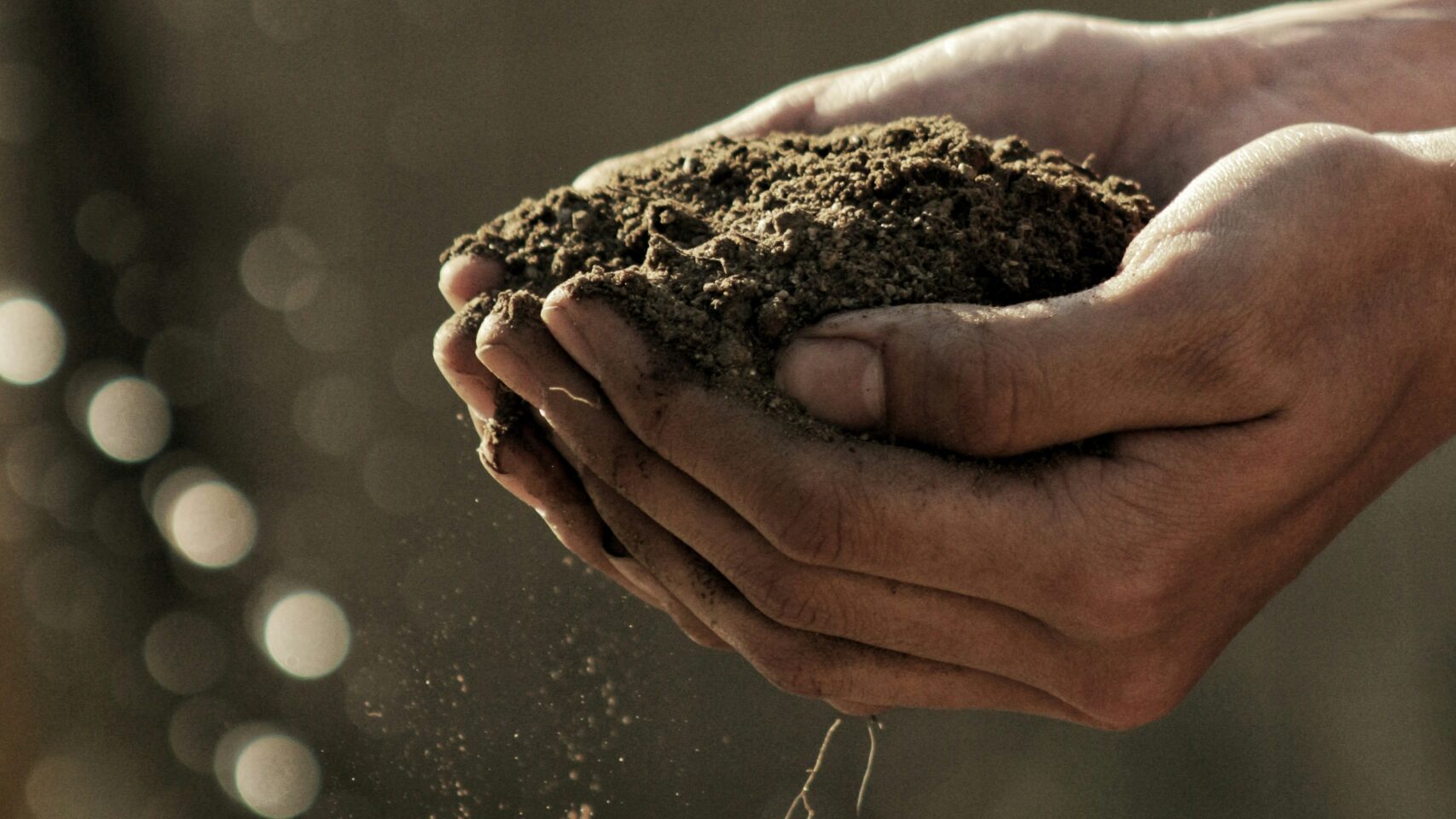Introduction to Livestock Waste Management
Managing livestock waste is crucial for ensuring environmental safety. Farmers face various challenges when handling waste from their operations, which can potentially harm local ecosystems. Understanding effective management techniques helps mitigate these risks while also complying with regulations.
Types of Livestock Waste and Their Impact
Livestock waste comes in various forms, including manure, bedding, and organic materials. Each type poses distinct environmental challenges such as nutrient runoff and contamination of water sources. By recognizing these impacts, farmers can implement tailored waste management strategies that not only protect the environment but also enhance soil health.
Best Practices for Waste Management
Implementing best practices is essential for effective livestock waste management. Composting is one method that converts waste into nutrient-rich soil amendments, promoting sustainability. Additionally, utilizing anaerobic digesters can help in generating biogas, which serves as renewable energy. Regular monitoring and assessment of waste management systems ensure compliance with environmental regulations and enhance overall safety.





